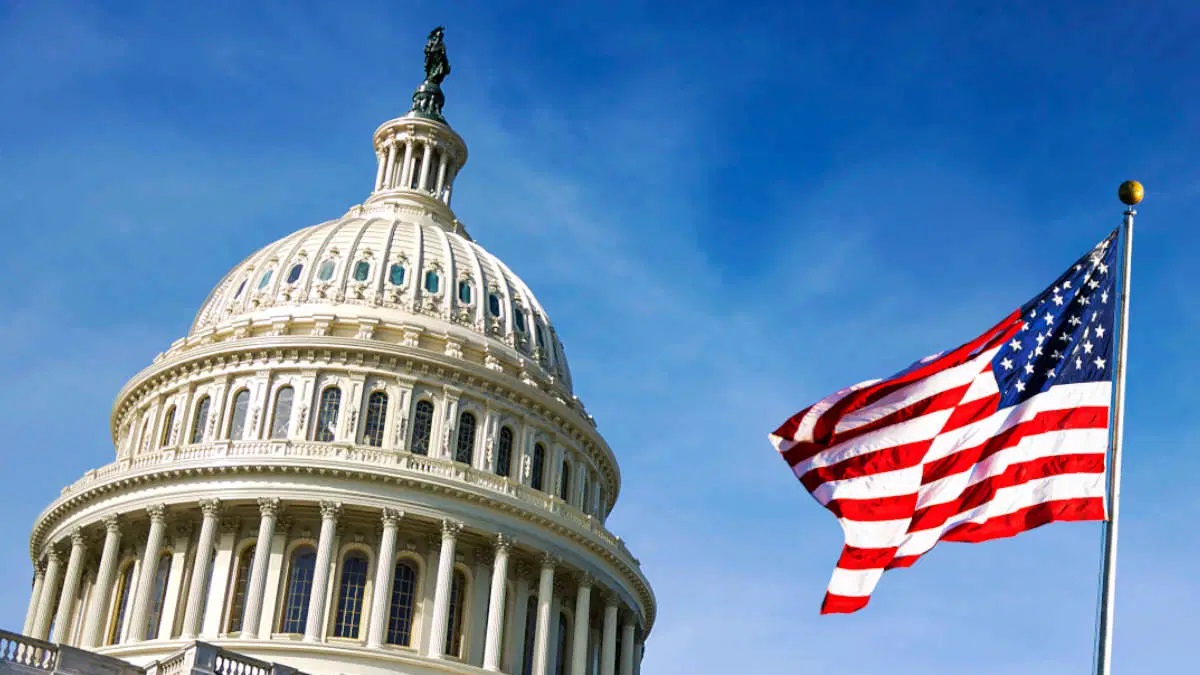
The United States Senate on Tuesday passed the Internet Censorship bill called the Kids Online Safety Act, or KOSA. The measure aims to protect children online amid a nationwide discussion over the impact of social media on minors.
What does the bill say?
The Kids Online Safety Act mandates platforms to provide protections for children, such as limiting access to minors’ data and giving parents tools to monitor minors’ usage of a platform, such as privacy and account settings. The law would ban features that draw children and teenagers to spend more time on the site, such as prizes and notifications. Platforms would also be required to give minors easy access to remove their account or personal data, as well as alternatives to limit the amount of time they spend using them.
The bill also permits parents, minors, and schools to make allegations of harm to minors, and platforms are required to develop a procedure for responding. It would also restrict narcotic drugs, tobacco products, gambling, and alcohol marketing for children and teenagers.
Why was the bill introduced?
The passage of the bill has been the subject of a persistent advocacy effort by parents who claim their children have lost their lives as a result of something they discovered or saw on social media.
U.S. Senators Richard Blumenthal and Marsha Blackburn who are the authors of the bipartisan Kids Online Safety Act said in a statement that the personal experiences of parents and young people are the heart of this bill. They came to DC, told their stories to lawmakers, wrote letters, and never gave up on demanding change.
Who has opposed the bill?
The bill draws considerable opposition from technology firms, which claim it would impose unreasonable costs on them to regulate material and verify users’ ages, as well as groups such as the American Civil Liberties Union, which argue it would limit free expression. Despite multiple rounds of redrafting to address such issues, the proposal was met with narrow but significant opposition in the Senate.
According to The New York Times, Senator Rand Paul, a Republican from Kentucky, argued that the law would limit First Amendment-protected speech. Other critics, including Senator Ron Wyden, Democrat of Oregon, expressed concern that limiting children’s access to certain social media content would further isolate vulnerable youths, including young L.G.B.T.Q. people, who frequently rely on online communities for a sense of belonging and acceptance.

